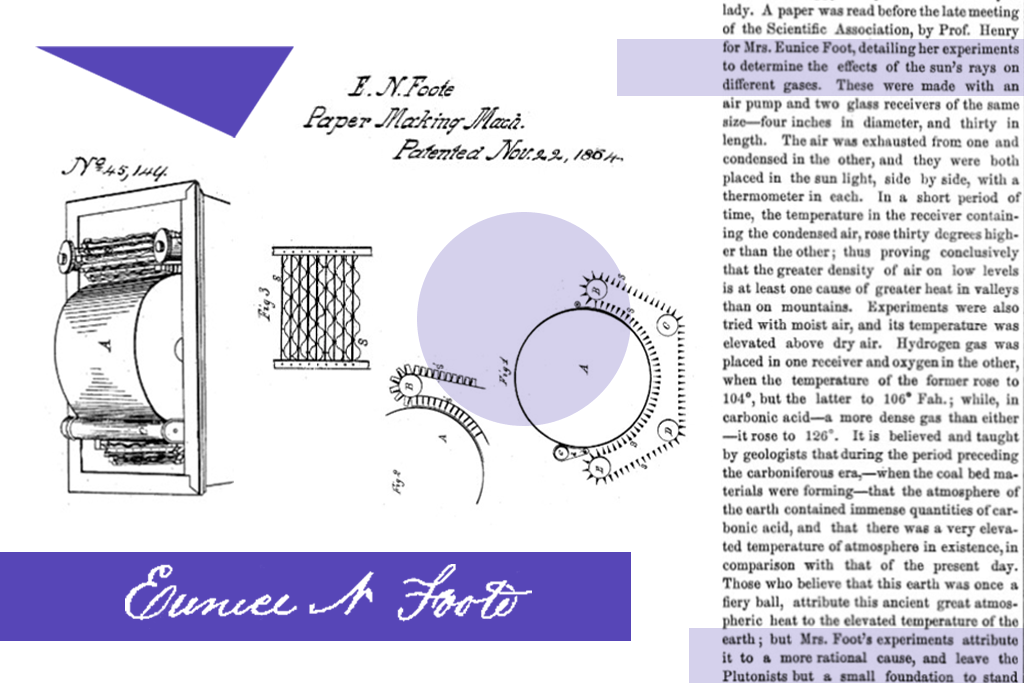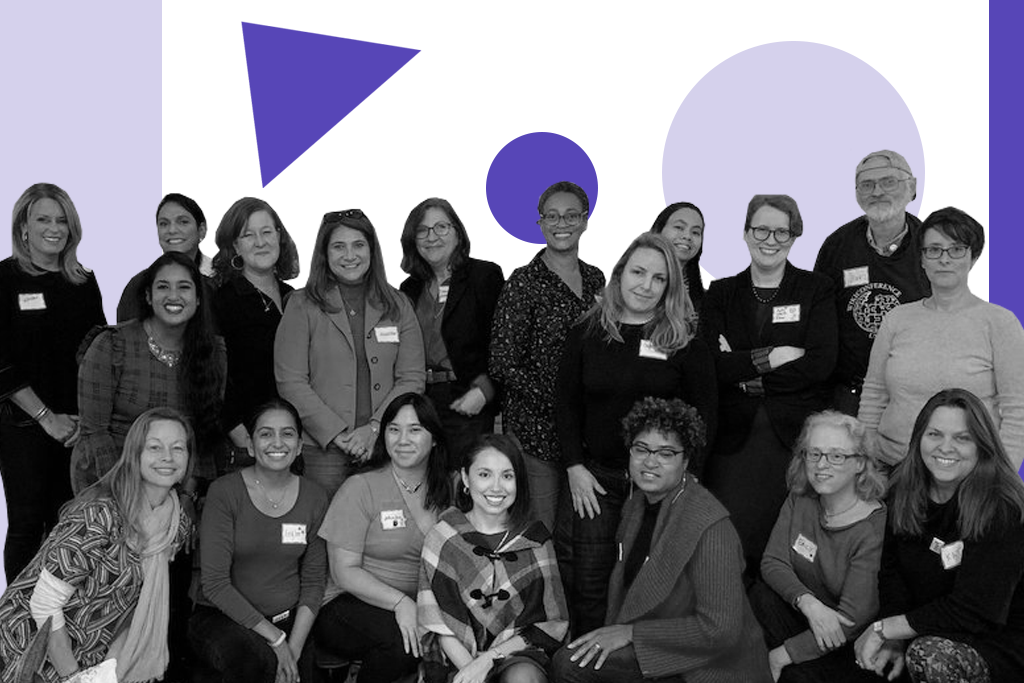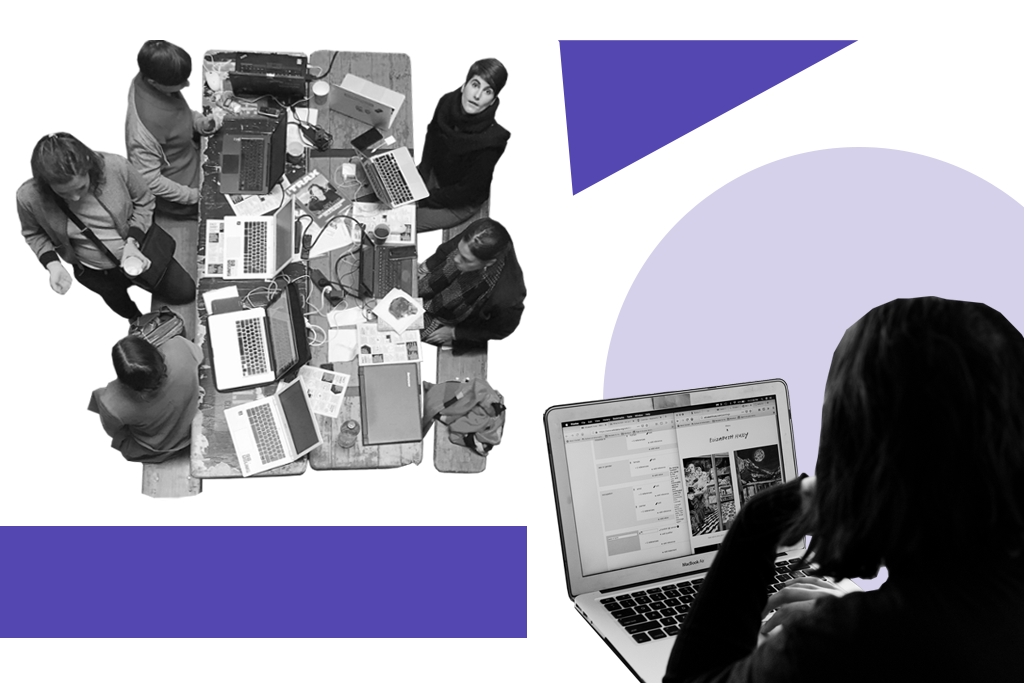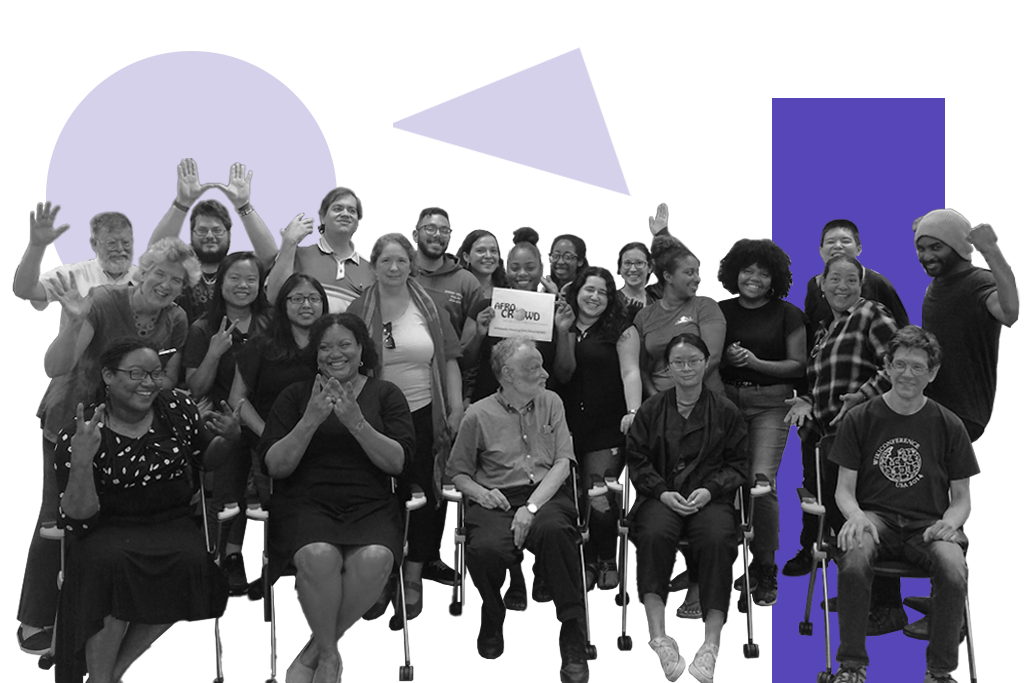Open the Knowledge: Stories
Meet the people making Wikimedia projects more equitable
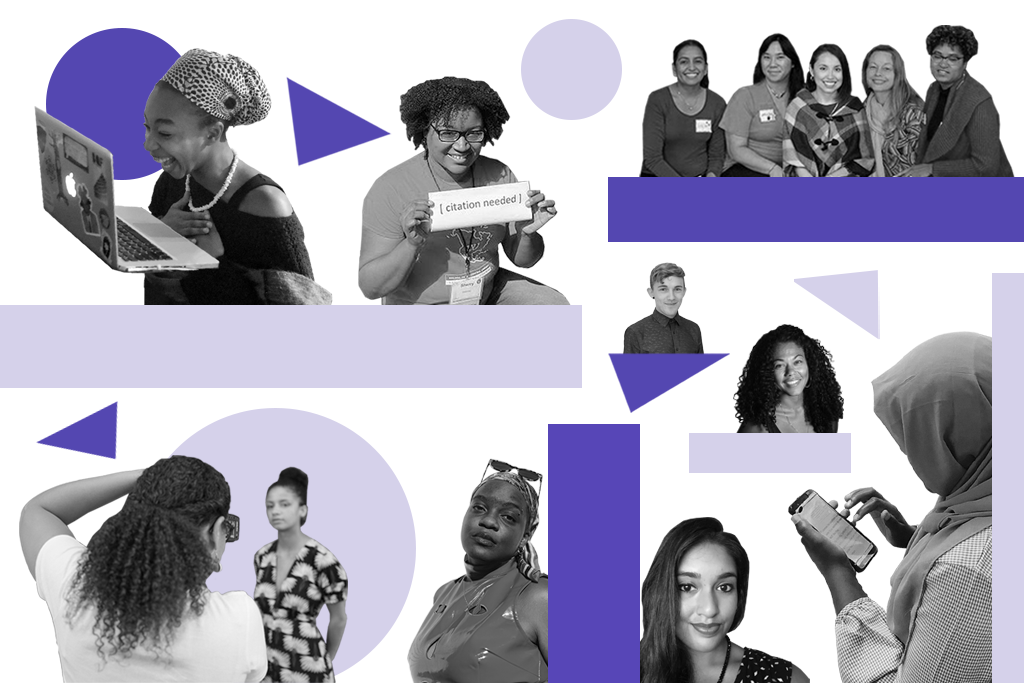
Open the Knowledge: Stories is a celebration of these inspiring humans who make knowledge equity on Wikimedia projects their priority. Here, you can meet the contributors, creators, and communities whose work is helping the world learn about notable people and topics who are often overlooked. Read it. Share it. Get inspired.
Behind Wikipedia and other well-loved free knowledge projects, there are hundreds of thousands of Wikimedia movement volunteers who work tirelessly to ensure the sum of all human knowledge is included. These collaborators edit articles, upload media, organize and engage others, all while building the largest free knowledge resource in human history. For some of these volunteers, collaborating also means an opportunity to close knowledge gaps derived from human biases that affect not only Wikimedia projects, but information as a whole.
Six years, 100,000 articles: WikiGap is on a mission to close Wikipedia’s gender gap
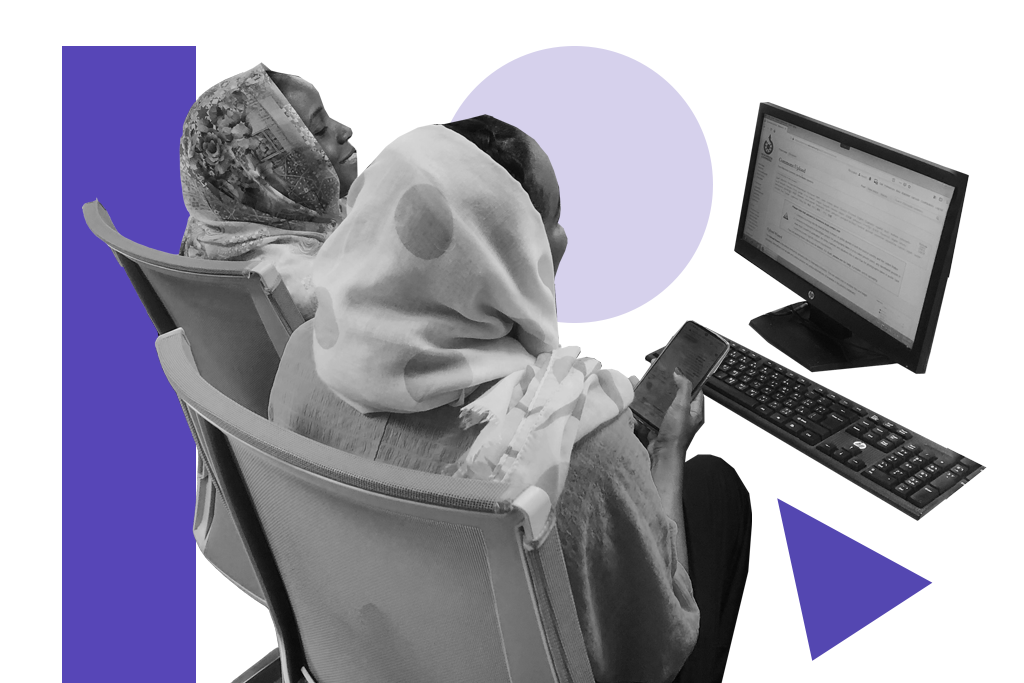
“The history on Wikipedia is not written by governments, large companies, or formal stakeholders — it is written by everyone who wishes to take part. It is a huge possibility as well as a huge responsibility.”
– Eric Luth, WikiGap
Whose Knowledge? — A movement for inclusive representation on Wikipedia
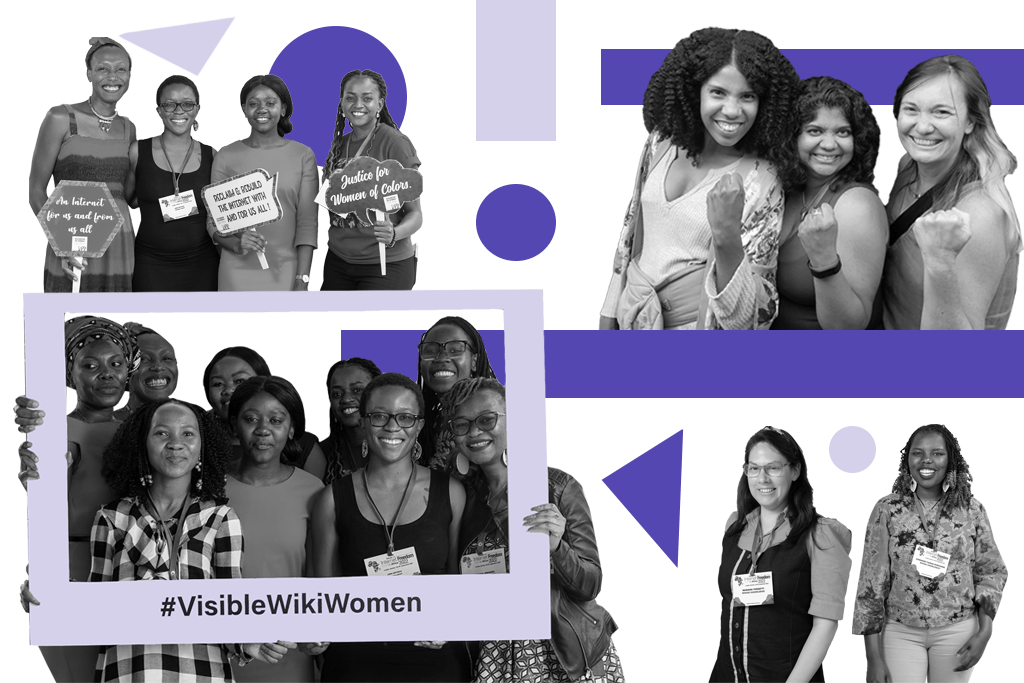
“Open the Knowledge invites us to critically look at our efforts so far, and make sure that nobody is left behind, and everyone has a voice in opening the knowledge.”
– Mariana Fossatti, Whose Knowledge?
Kelly Doyle Kim and this new Smithsonian museum are writing women into Wikipedia
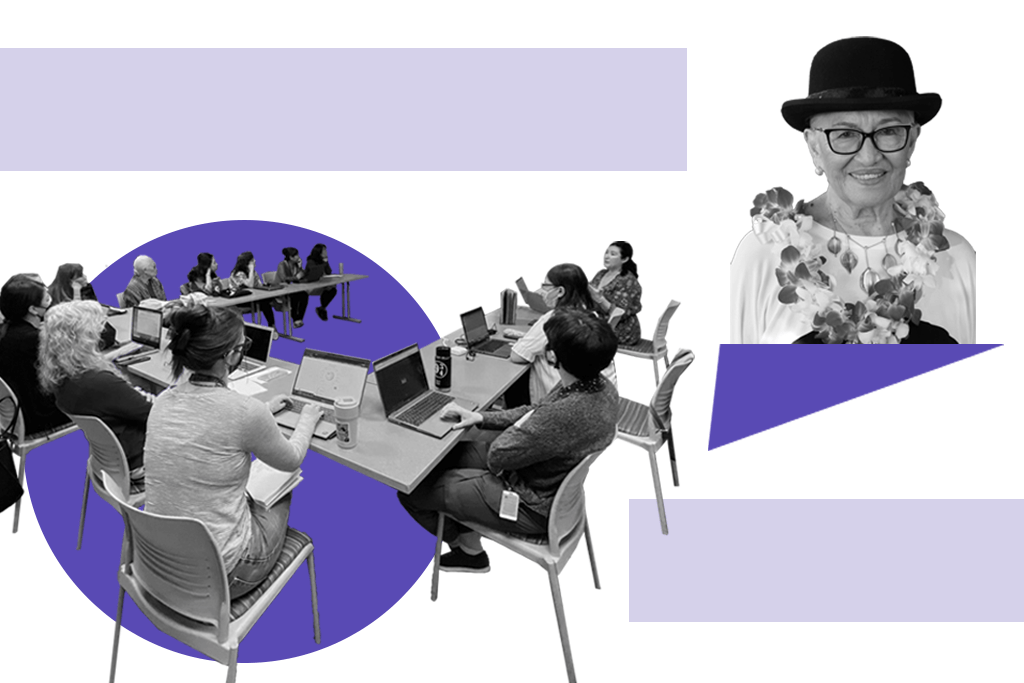
“For me, Wikipedia is the very best of the internet and a realized dream of the early internet days: community, crowdsourcing, and freely shared information.”
– Kelly Doyle Kim, Smithsonian American Women’s History Museum
Closing the gender gap: Women in Red’s efforts to add more women to Wikipedia
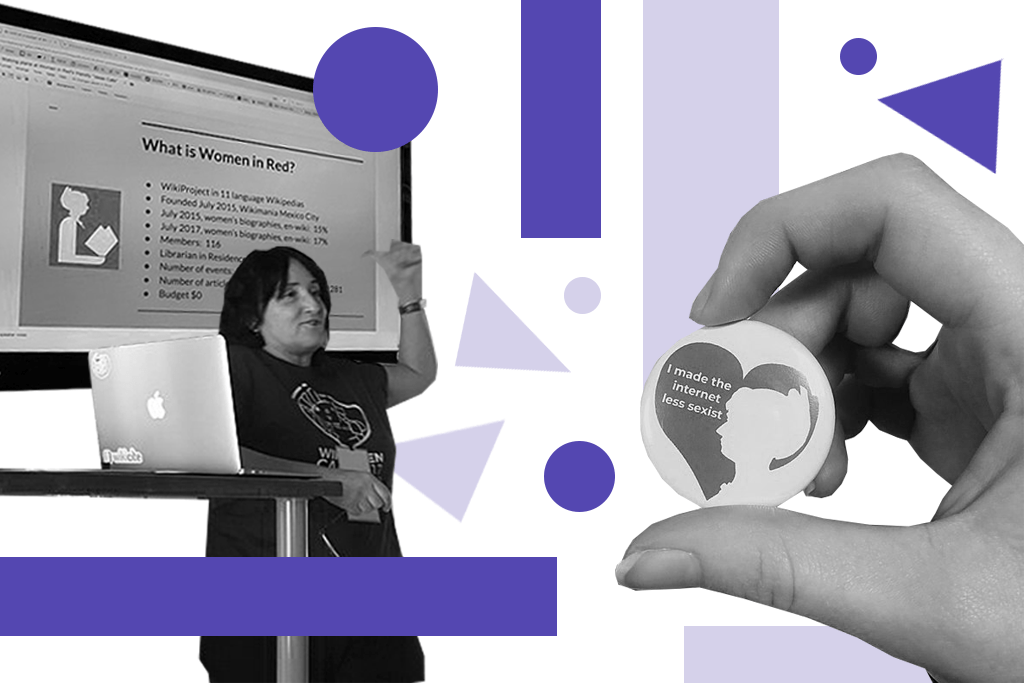
“We tell people who join, we don’t care who you are, or where you are, just every day, write an article about a woman.”
– Rosie Stephenson-Goodknight, Women in Red
Behind the Wikipedia articles educating thousands about the 1838 Jesuit sale of enslaved people
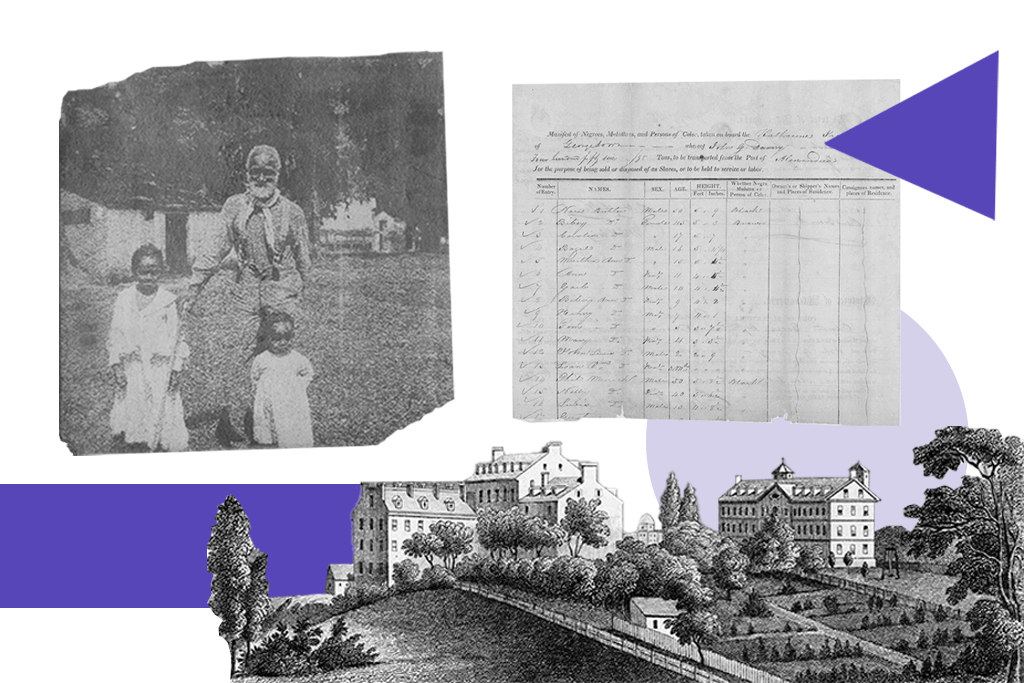
“Generations past have gifted us with a wealth of information. It is our job to study it honestly and make it publicly accessible. Through that process, we can arrive at truth.”
– Ergo Sum, Wikipedia editor
The Smithsonian’s quest to expand the history of Black women in food and drink on Wikipedia

“We hear over and over again how if something or someone isn’t on Wikipedia, [people] assume it doesn’t deserve to be included on the site, that this has already been decided and it’s not worth researching further.”
– Kelly Doyle Kim, Smithsonian American Women’s History Museum
The free knowledge movement is made of people like you, who are passionate about opening the knowledge and making it accessible to all.
Does the content on Wikipedia reflect the world’s diversity?
The Wikimedia movement is working towards closing the knowledge gaps on free knowledge projects and beyond. Want to understand why it matters? This video, which is part of our A Wiki Minute series, will help!
Project Rewrite
Through Project Rewrite, we are calling attention to gender bias across the information landscape, highlighting efforts underway to close gaps, and inviting everyone to get involved.
Learn about the gender gap and how you can help close it →
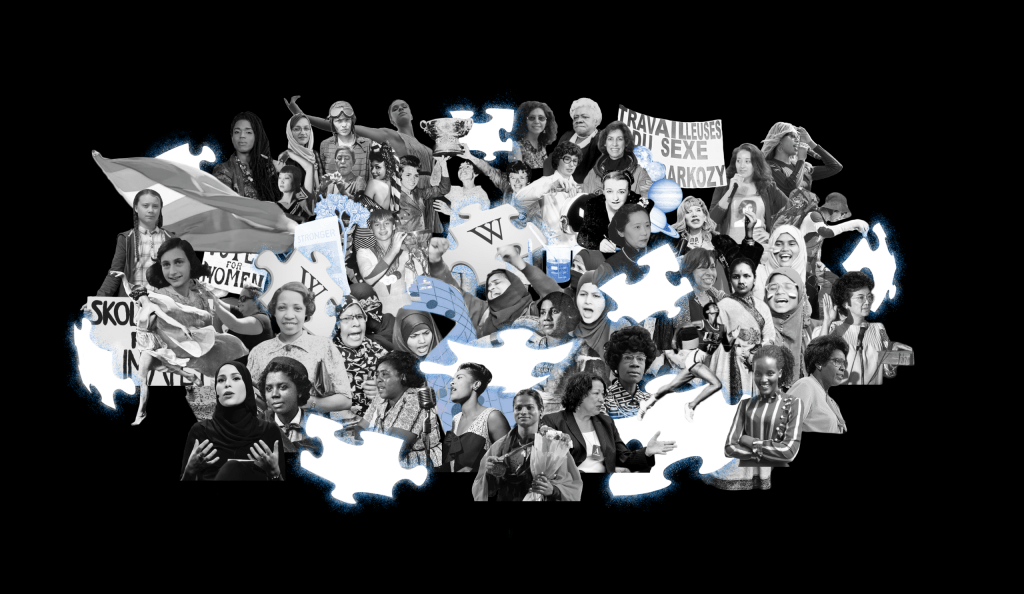

Help us unlock the world’s knowledge.
As a nonprofit, Wikipedia and our related free knowledge projects are powered primarily through donations.
